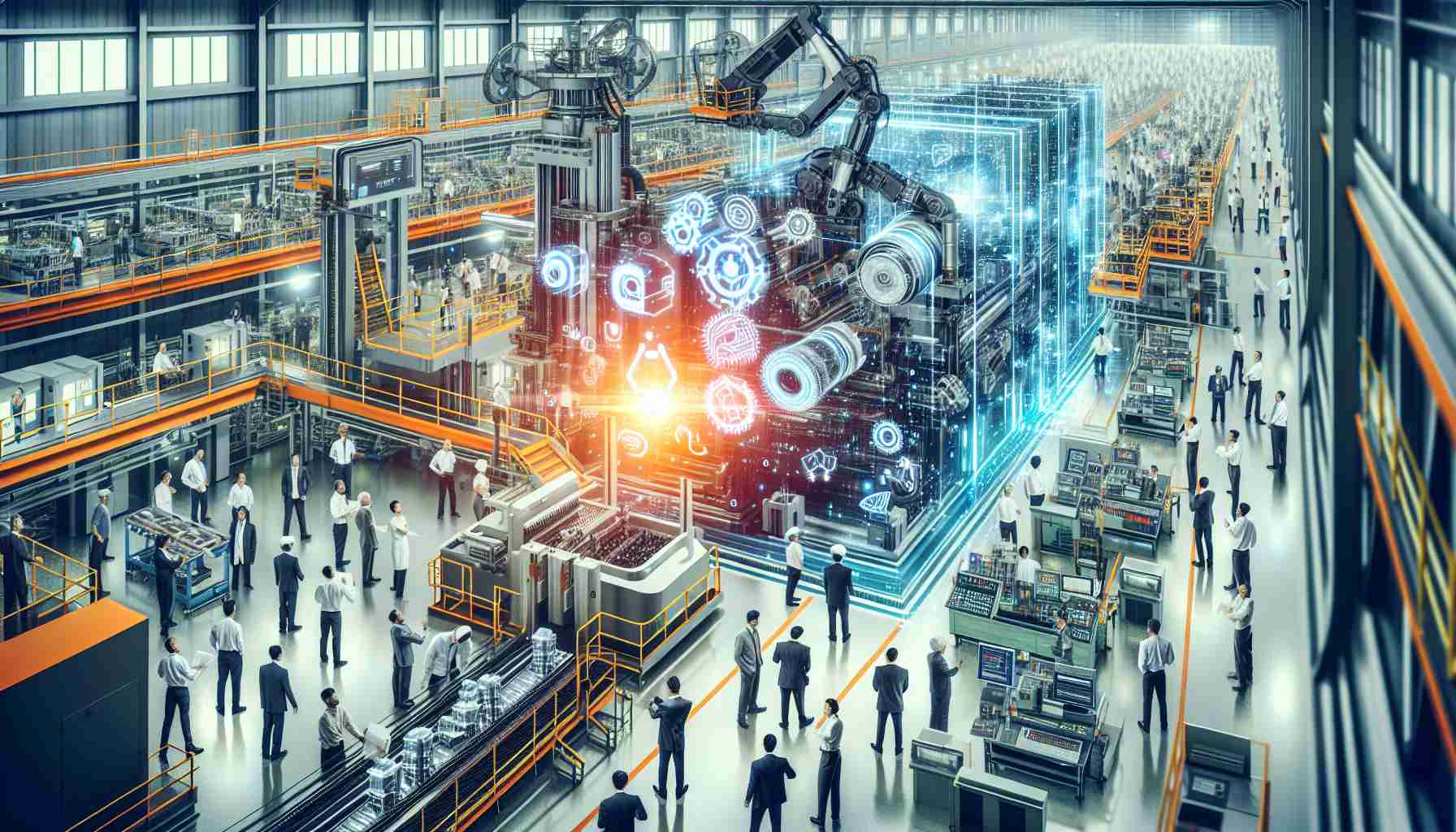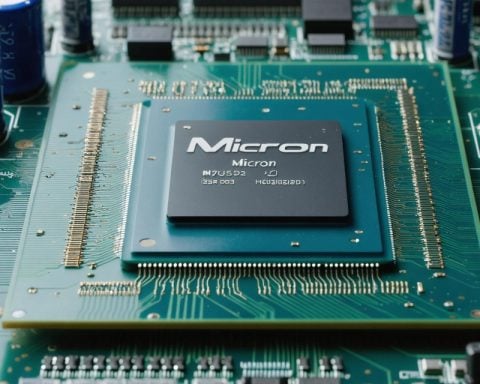Apple, a global tech leader, is set to dramatically increase its manufacturing footprint in India, aiming to relocate a substantial portion of its iPhone production to the country by 2026-27. The ambitious goal includes assembling 32% of its global output and accounting for 26% of production value in India. As India’s electronics supply chain expands, it positions itself as a vital player in international tech manufacturing, creating vast opportunities for foreign investment.
Strategic Shift and Economic Implications
Following the completion of India’s Production Linked Incentive (PLI) scheme, the country could see iPhone production value soar beyond US$34 billion if global sales maintain their course. By the first half of fiscal year 2024-25, sources indicate Apple vendors predict a production value of US$9 billion. The country is projected to produce up to 18% of the global iPhone volume by the end of FY25, marking an impressive increase from previous years.
This shift responds to geopolitical shifts and rising production costs in China, historically Apple’s manufacturing base. Economic analysts highlight that increased production in India spans significant impacts on its economy, including job creation, advanced supply chain integration, and boosted foreign investment.
Challenges and Opportunities
However, India faces hurdles like aligning production costs with China and enhancing logistics to attract further investments. The success of reaching value-addition targets by the end of the PLI scheme hinges on governmental reforms and incentives.
Future Outlook
As global trade policies fluctuate, relocating production to India presents strategic advantages. Should U.S. trade tensions with China escalate, India’s role in global tech production could further expand, positioning the country as a burgeoning hub in the competitive smartphone manufacturing landscape.
The Surprising Impact of Apple’s Move to India: What You Need to Know
Exploring the Ripple Effects of Apple’s Manufacturing Shift to India
Apple’s decision to move a significant portion of its iPhone production to India is more than just a strategic business move; it is a development with far-reaching consequences for the socio-economic landscape of India and beyond. While much of the discussion has centered around Apple’s increased market footprint, there are other implications worth exploring. How will this shift affect local communities, and what new challenges and opportunities arise from this evolution in global manufacturing?
Not Just About Economic Growth: Cultural and Social Impacts
A subject often overlooked when discussing tech giants’ expansions is the cultural and social impact on local communities. The influx of new jobs created by such a move can alter social dynamics, potentially lifting families out of poverty and fostering an environment of increased educational attainment as people anticipate new opportunities.
With Apple’s expansion, there could be a significant rise in investment in local education and technology training sectors to build a skilled workforce suitable for the high demands of tech manufacturing. Local communities might see improvements in infrastructure and services due to increased government revenues from taxes and corporate investments. However, there is also a risk of cultural homogenization and increased disparity if such initiatives do not equitably reach all demographic groups.
The Environmental Consequences of Rapid Expansion
An often less-discussed aspect is the environmental footprint of scaling up tech manufacturing. With considerable expansion in electronics production, India needs stringent environmental policies to manage ewaste and pollution resulting from this industrial activity. Balancing economic growth with sustainable practices remains a critical challenge. Failure to implement comprehensive waste management and environmental policies could lead to significant pollution issues.
Profession vs. Sustainability: Ethical Considerations
There are ethical questions surrounding Apple’s move to India. Can the rapid production increase align with sustainable and ethical manufacturing practices? The electronics industry has historically faced scrutiny over labor conditions. As Apple expands, maintaining transparency and accountability in labor practices must be a priority.
Pros and Cons: The Dichotomy of Development
Here are some advantages and disadvantages to consider regarding Apple’s increased manufacturing in India:
Advantages:
– Job Creation: Thousands of new jobs could be created, significantly impacting local economies and improving living standards.
– Economic Growth: Continuation of national economic growth and increased GDP.
– Technological Advancement: Boosting India’s technological capacity and creating a skilled workforce.
Disadvantages:
– Environmental Impact: Risks of increased pollution and potential neglect of sustainable practices.
– Infrastructure Demand: Pressure on urban infrastructure could lead to congestion and inadequate services.
– Economic Disparity: Risk of widening the rich-poor divide if the benefits do not spread evenly across the population.
Questions for Consideration
A key question is, “Can India’s workforce infrastructure keep pace with such rapid industrial demands?” Successful integration would require extensive improvements in training programs and logistical frameworks.
Another consideration involves international business ethics: “How will Apple maintain its commitment to ethical business practices in a new and rapidly expanding manufacturing base?” Ensuring workers’ rights and sustainable practices must remain central to operations.
Additional Reading
For more insights into how global tech companies are impacting international markets and economies, visit these resources:
– Reuters
– BBC
– Financial Times
As Apple ventures deeper into India’s burgeoning tech manufacturing scene, the world will watch to see if the promise of economic prosperity and technological advancement can coexist sustainably and ethically. The challenges are formidable, but so are the opportunities.






















